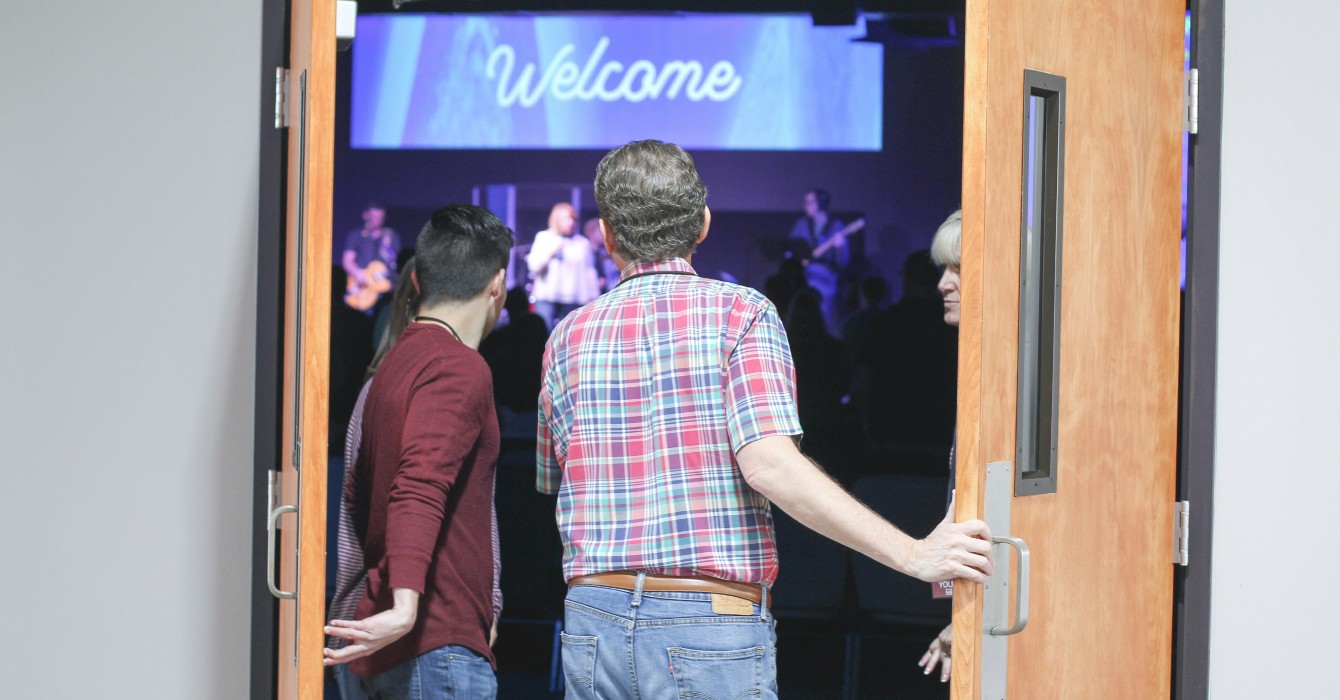A dozen years ago Mark Driscoll, pastor of Mars Hill Church in Seattle, and Brian McLaren, popular and prolific author and speaker, were both rising stars associated with the Emerging Church Movement. As sometimes happens in movements, onetime fellow travelers go different ways becoming estranged, even bitter enemies.
Driscoll has tightened his trademark militant grip on the answers he finds in the Bible and theology, while McLaren has entertained an ever wider array of questions regarding his evangelical faith and Christianity in general. In his newest book, “A New Kind of Christianity: Ten Questions that Are Transforming the Faith,” (just out from HarperOne) McLaren engages some of Driscoll’s pointed attacks and interpretations (or misinterpretations, in McLaren’s view) of the Christian message.
McLaren never refers to Driscoll by name in “New Kind of Christianity,” perhaps to avoid personalizing the conflict. Rather he speaks of “one of my most loyal and dedicated critics.” But he quotes Driscoll’s accusation that McLaren and “some emergent types,” seem “to recast Jesus as a limp-wrist hippie in a dress with a lot of product in his hair, who drank decaf and made pithy Zen statements about life while shopping for the perfect pair of shoes.”
But McLaren reserves his sustained critique for Driscoll’s presentation of the Messiah as cage-fighter Jesus. Driscoll: “In Revelation, Jesus is a prize-fighter with a tattoo down His leg, a sword in His hand and the commitment to make someone bleed. That is the guy I can worship. I cannot worship the hippie, dapper, halo Christ because I cannot worship a guy I can beat up.”
McLaren proceeds to offer a quite different interpretation of the biblical text in question. He views Revelation, correctly, as literature of the oppressed, intended to encourage those suffering Roman persecution rather than a call to take up a sword with warrior Jesus. This is part of McLaren’s larger argument against what he describes as a misuse of the Bible as a kind of legal and constitutional document and for an understanding of the book of books as “a community library.” That is, a dazzling array of literary types which cannot be subjected to simple literal interpretation.
Beneath Driscoll’s bombast are some serious issues. A powerful motivation for Driscoll has been connecting to young men, whom he has seen as often aimless and adrift in contemporary American culture. This accounts for his efforts to portray Jesus not as “meek and mild,” but “mean and wild.”
In the average American congregation the most visibly absent demographic are younger men, and to some extent men period. Indeed, some churches look like testosterone-free zones. Scholars as distinguished as Ann Douglas in her book “The Feminization of American Culture,” have noted the phenomenon. Driscoll has been self-conscious both in his appeal to young men and his restyling of Jesus as a tough dude. McLaren responds that Jesus has become a victim of “identity theft.” It is difficult to see how a man who died on a cross rather than take a life or defend himself can be fairly restyled as a contemporary cage-fighter.
Recently I shared keynoting responsibilities at a conference in California with Michael Piazza, who is Dean of the Cathedral of Hope, a gay-lesbian mega-church in Dallas. What struck me in talking with him was how, in a funny way, he resembled Driscoll. Both pride themselves on their “against-all-odds” creation of huge churches that defy the norms of the surrounding culture. Driscoll revels in swimming against the stream of liberal Seattle, while Piazza has built a huge gay-lesbian congregation in the heart of conservative, Bible-belt Texas.
Maybe the new, counter-intuitive formula for church growth is this: be a stark alternative to whatever the dominant culture offers?
Tony Robinson is a United Church of Christ minister and consultant to congregations and their leaders. His most recent book is “Changing the Conversation: A Third Way for Congregations” (Eerdmans). You can catch his comments on the weekly lectionary texts here.






